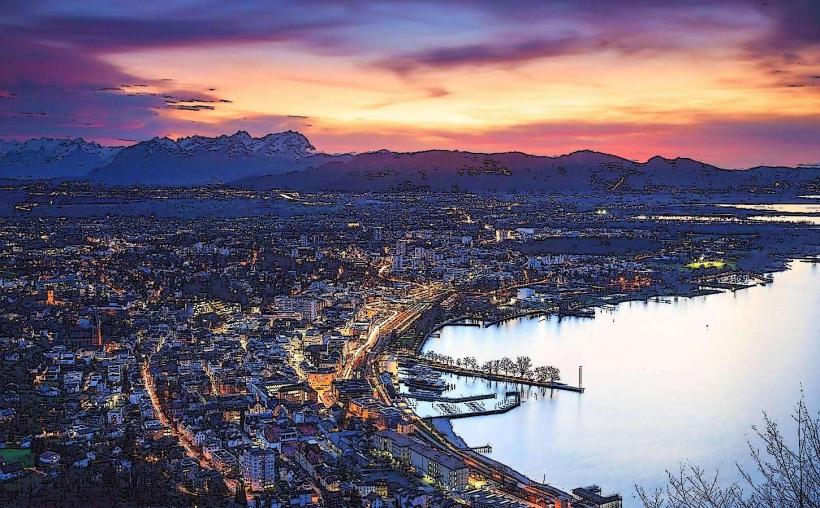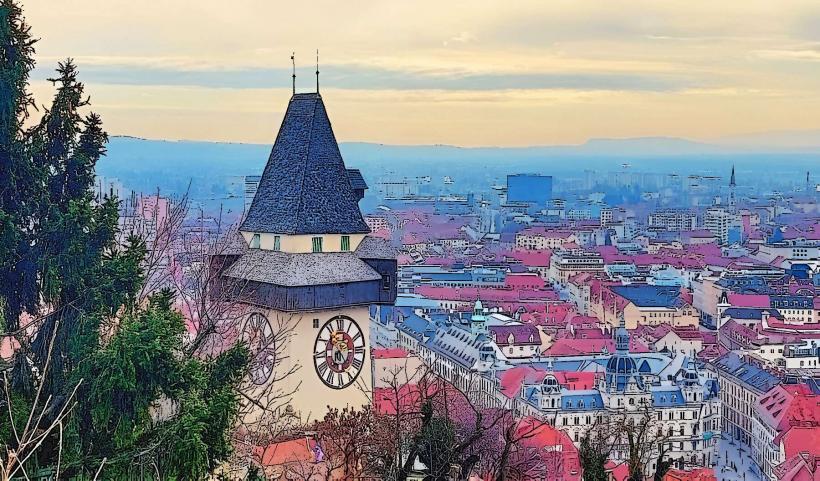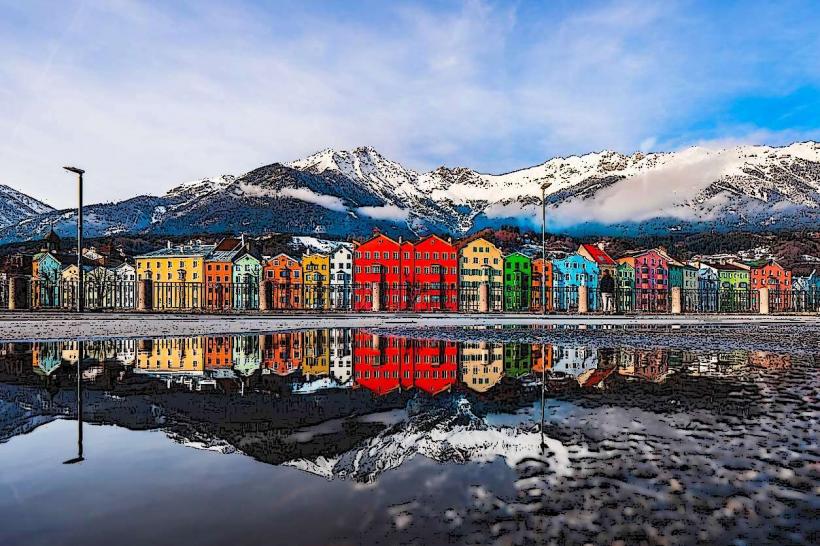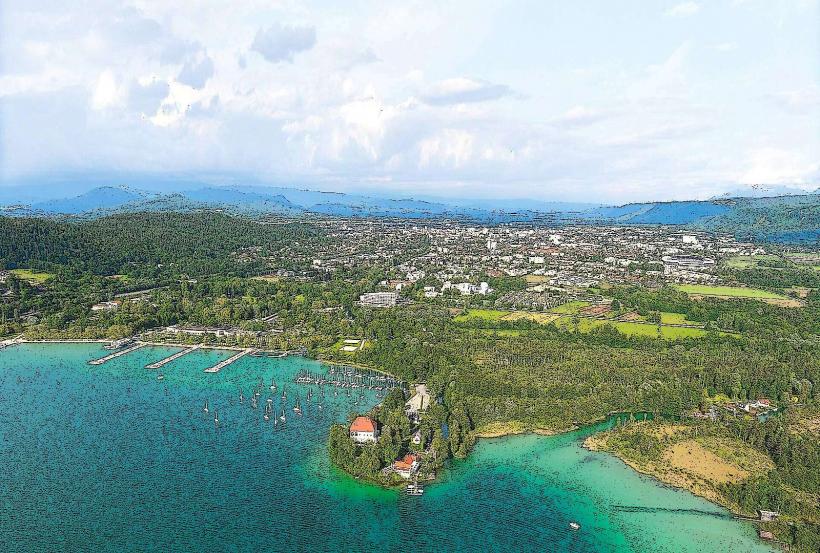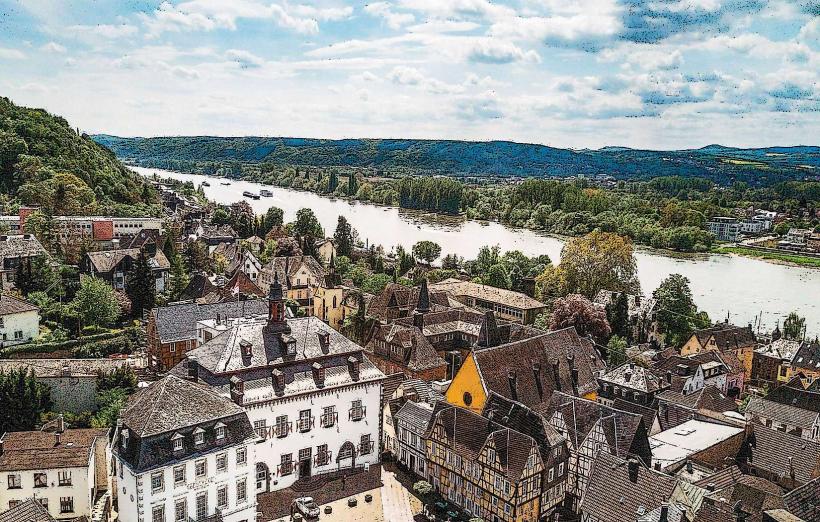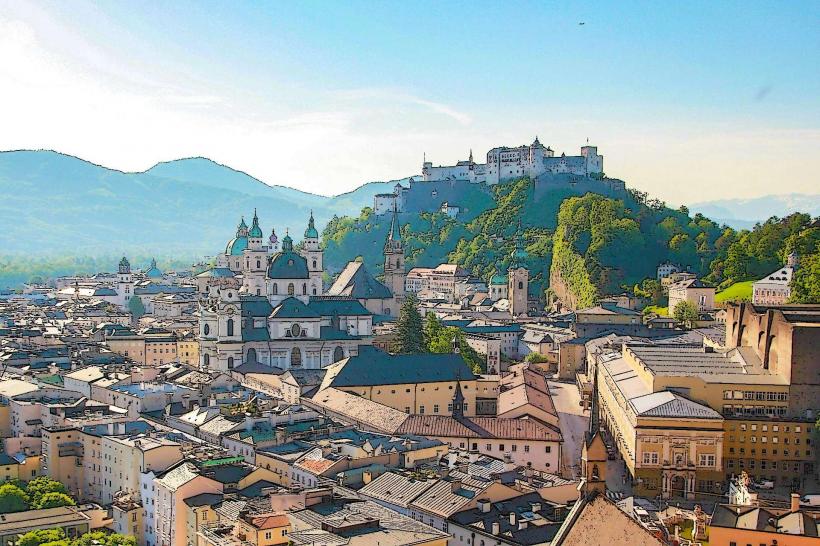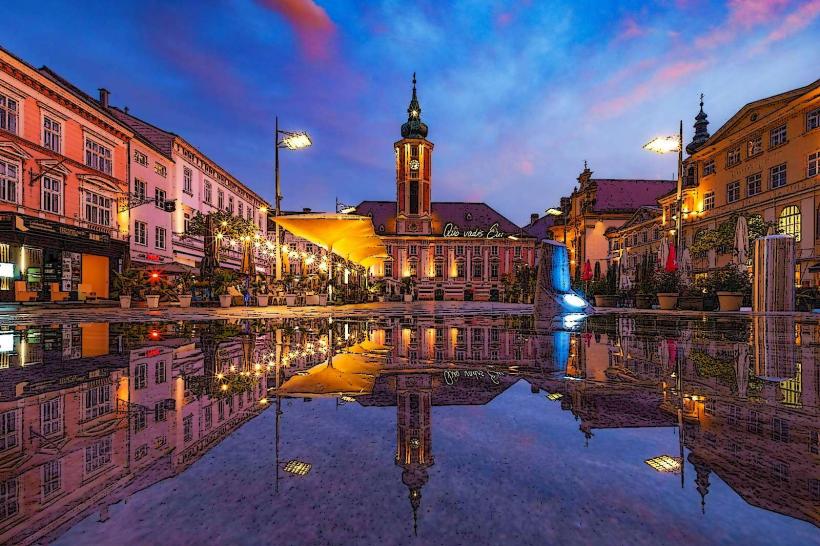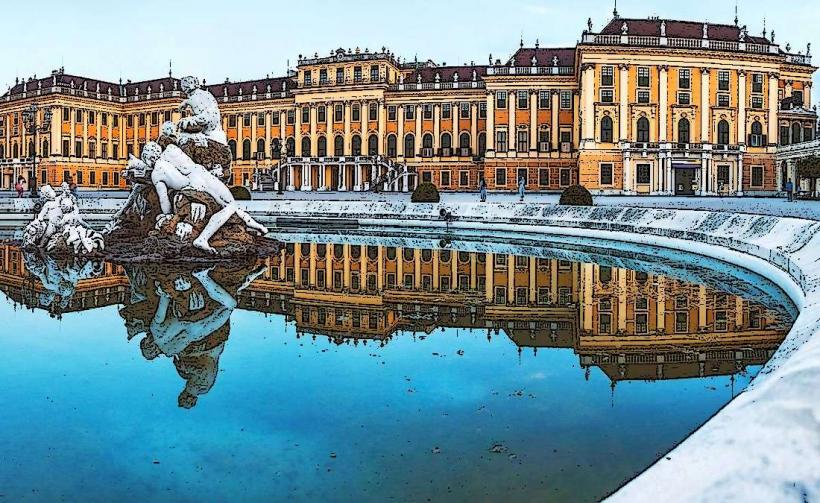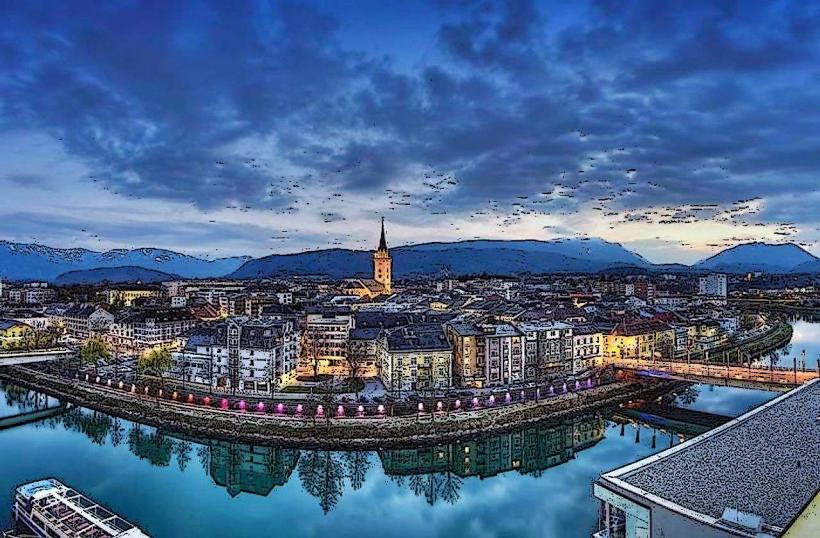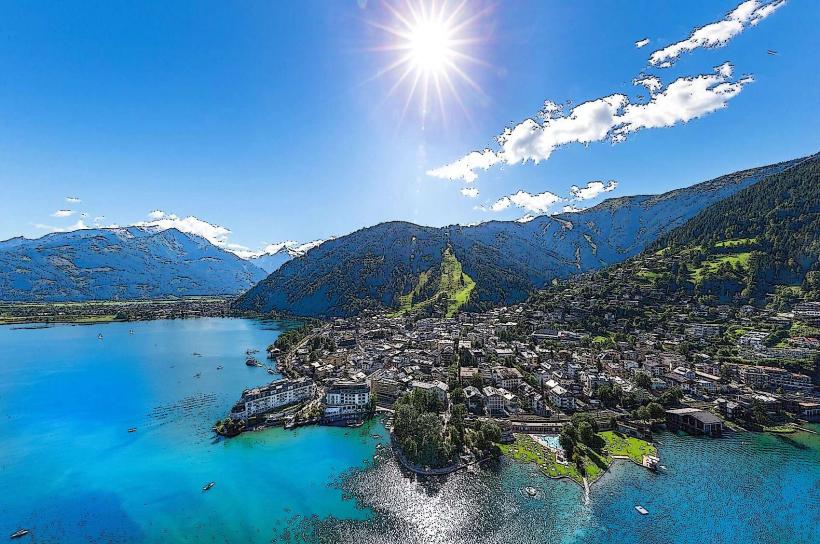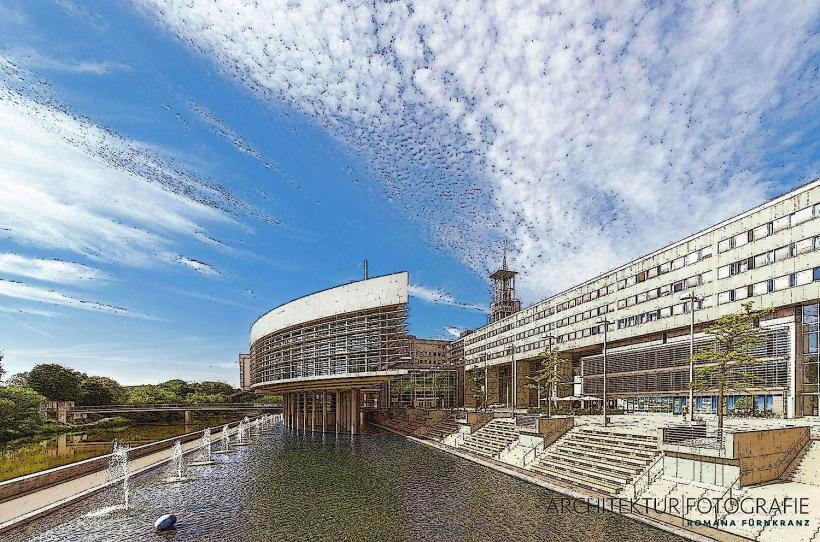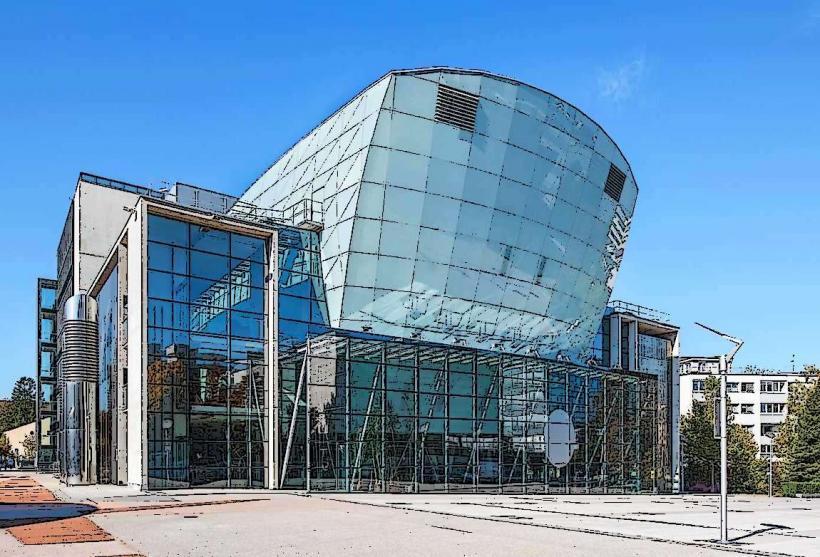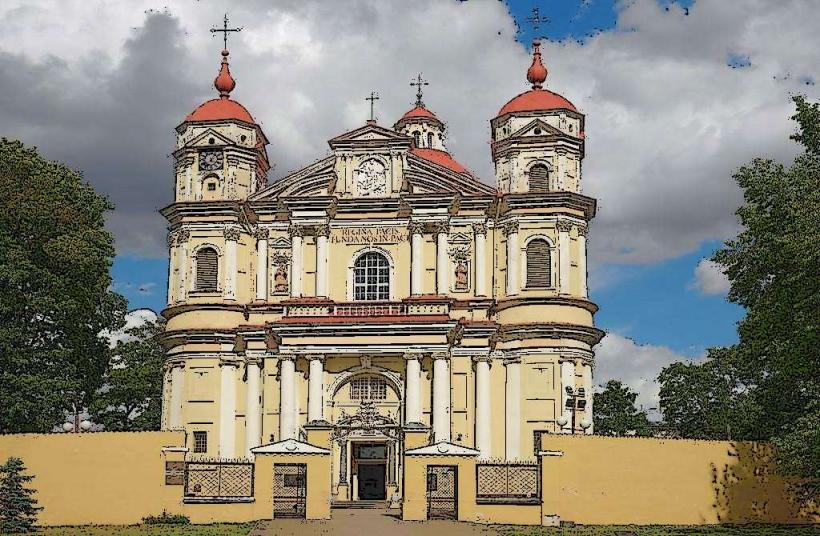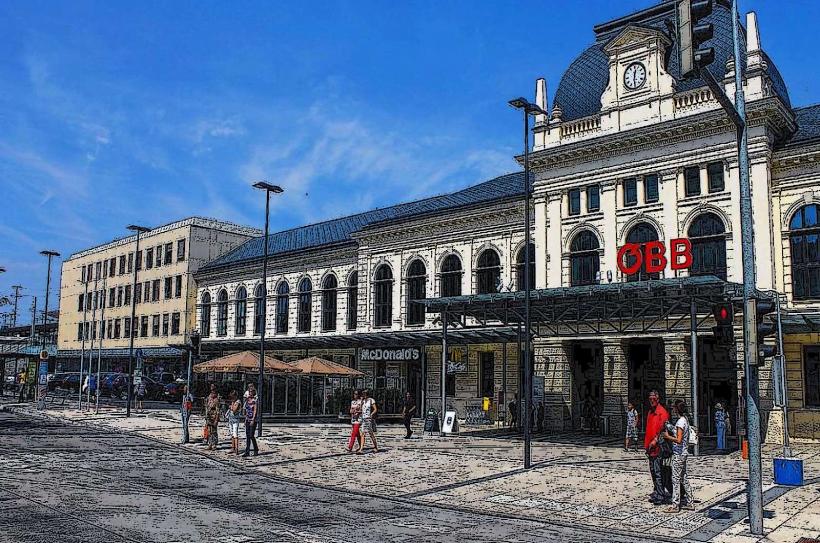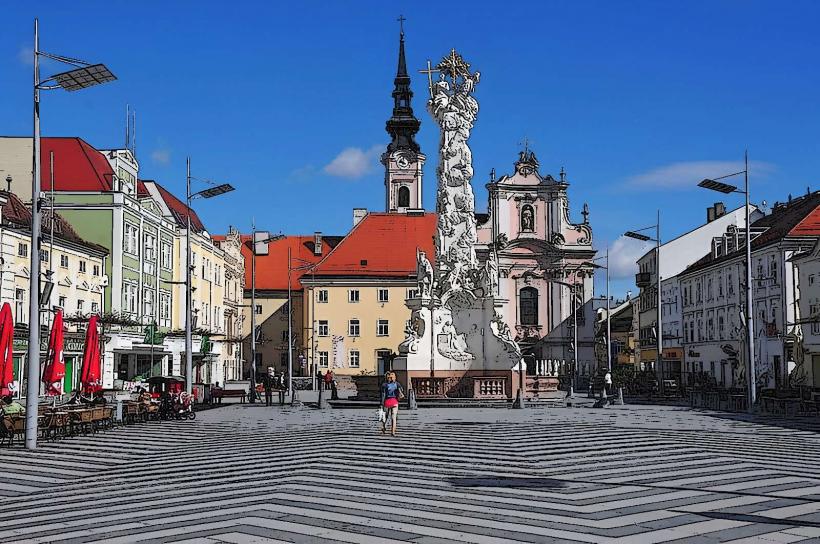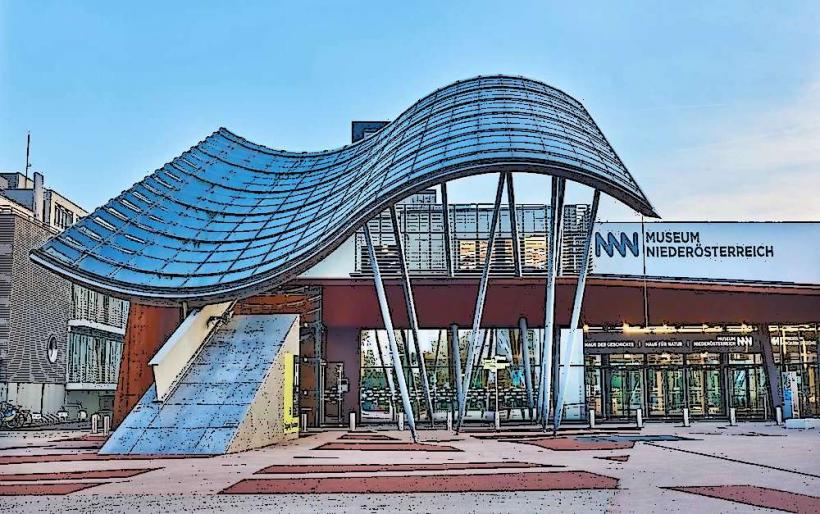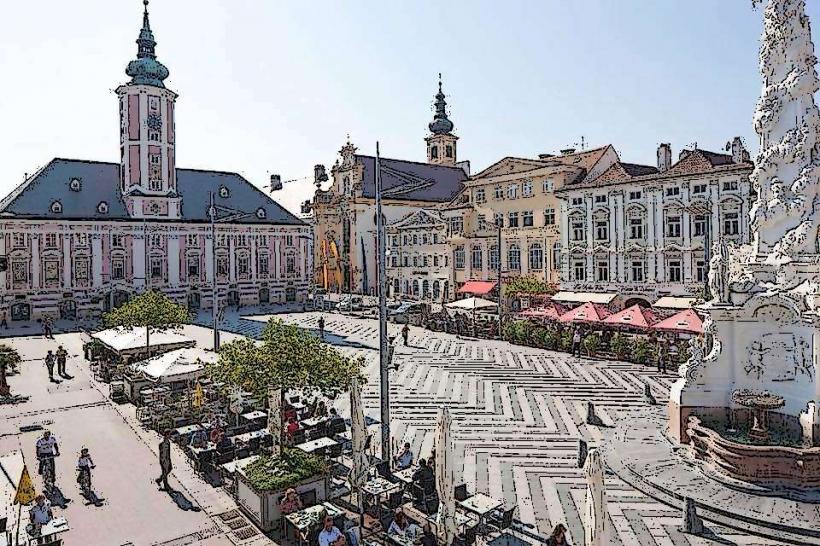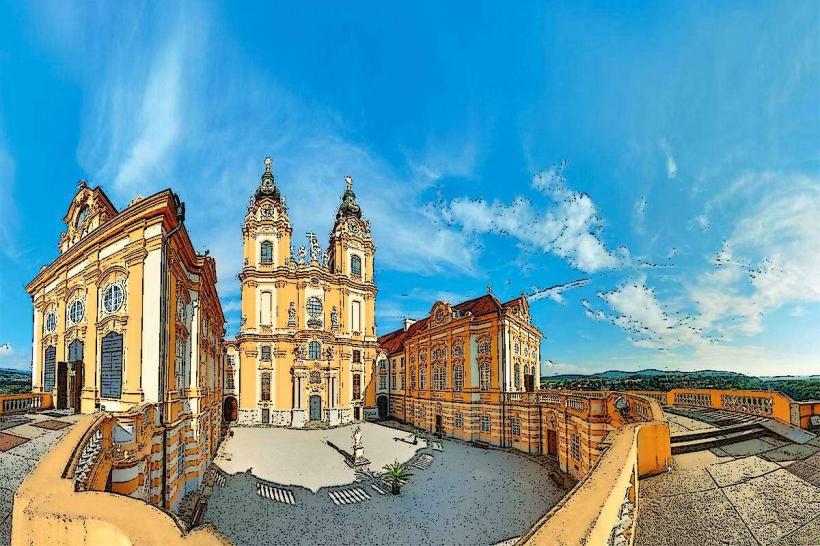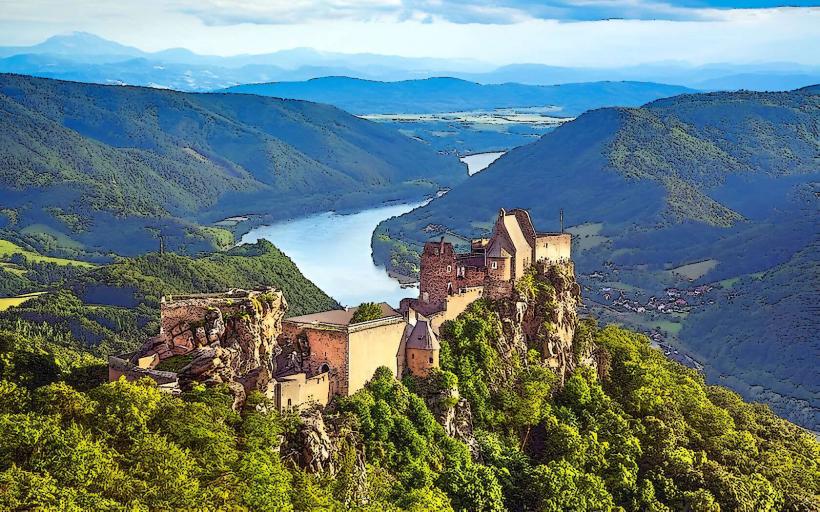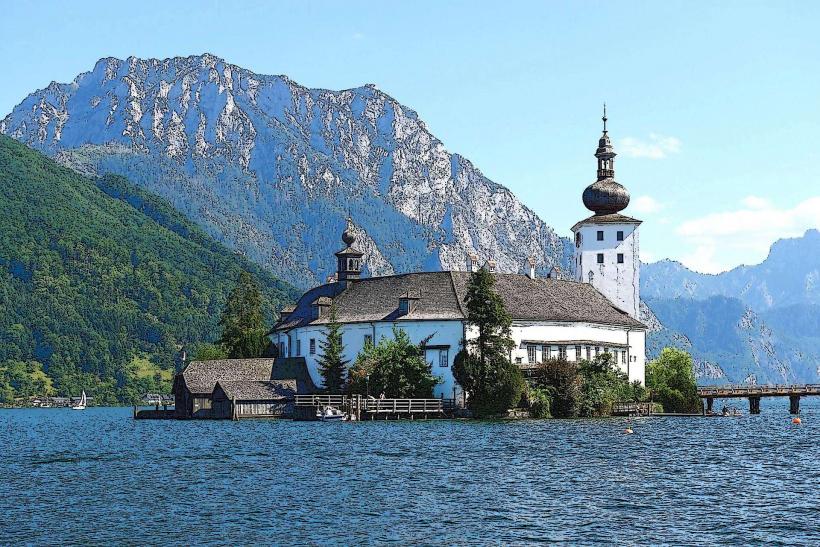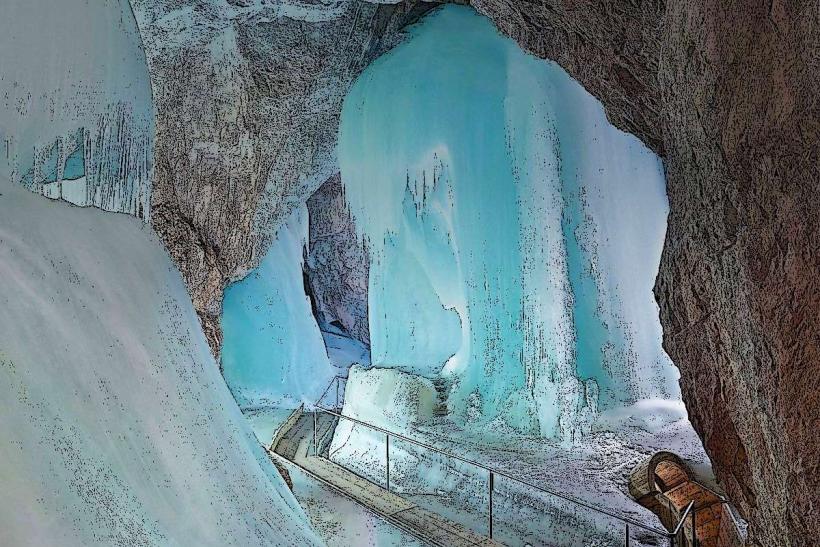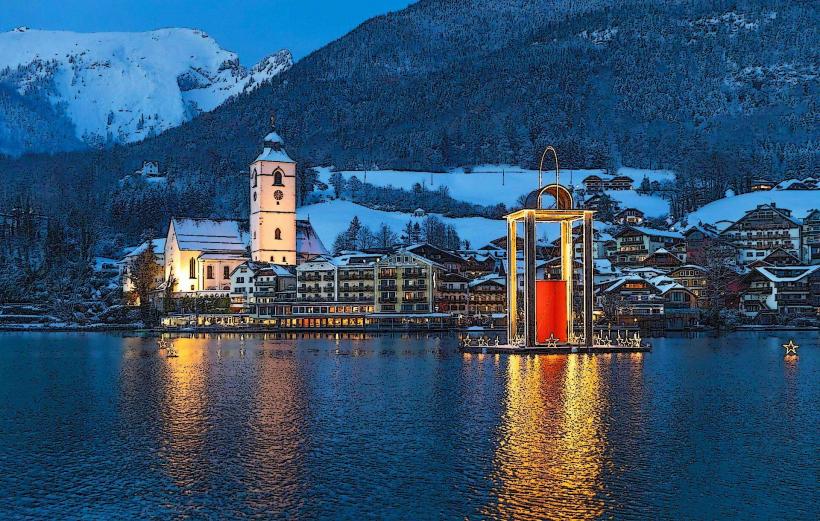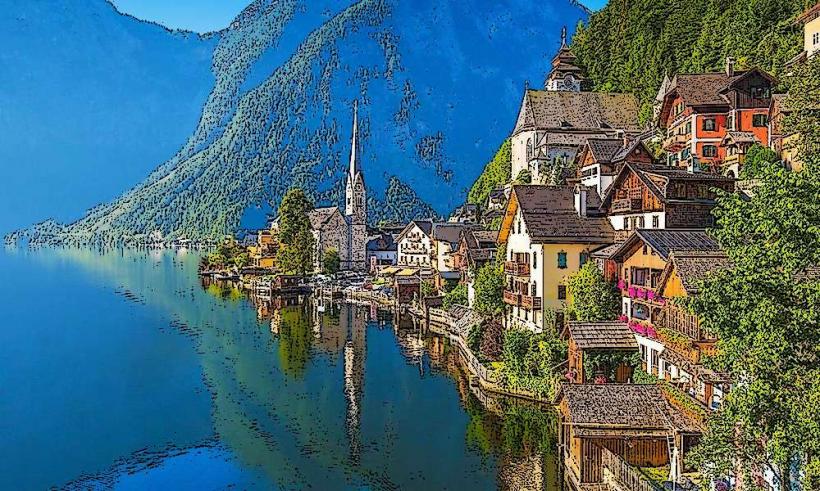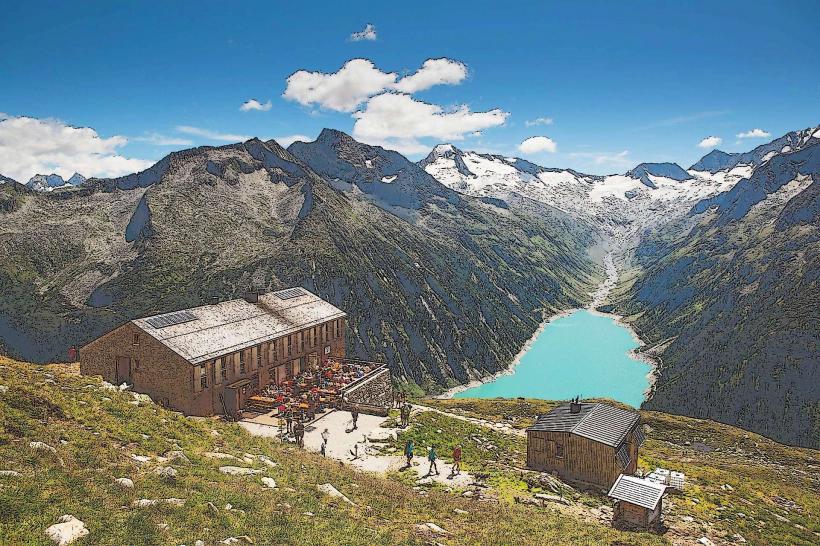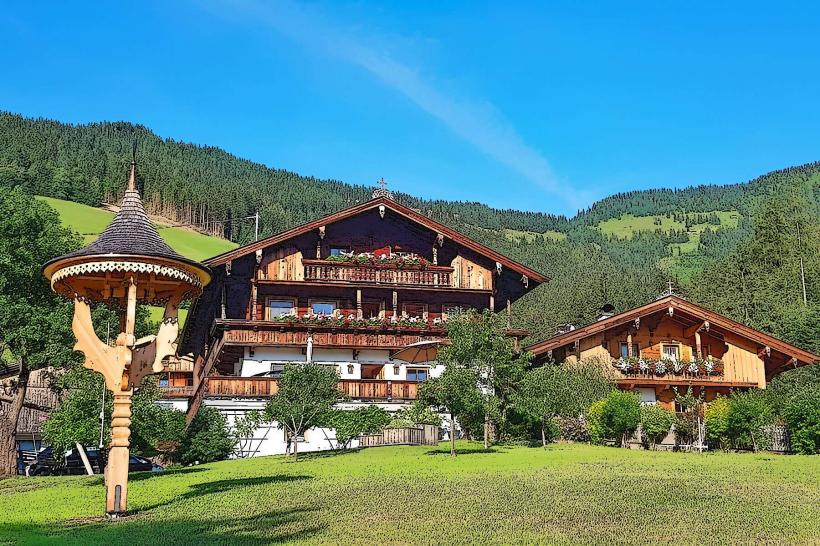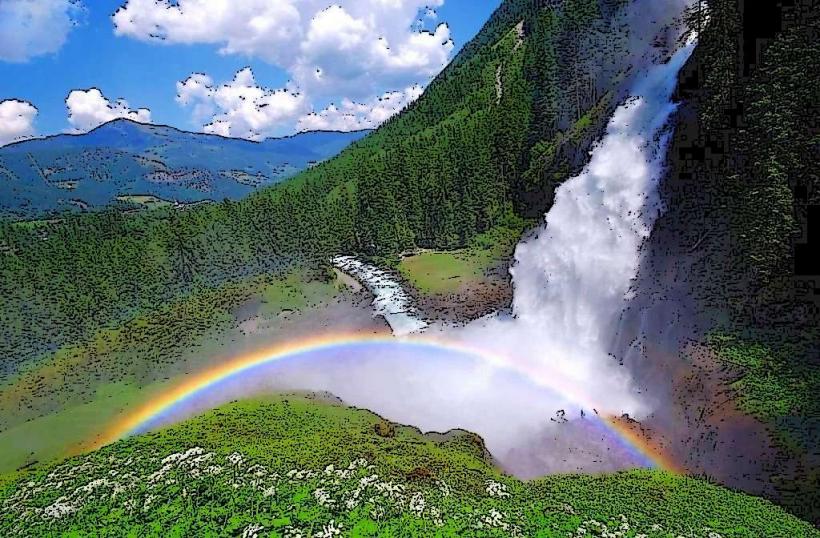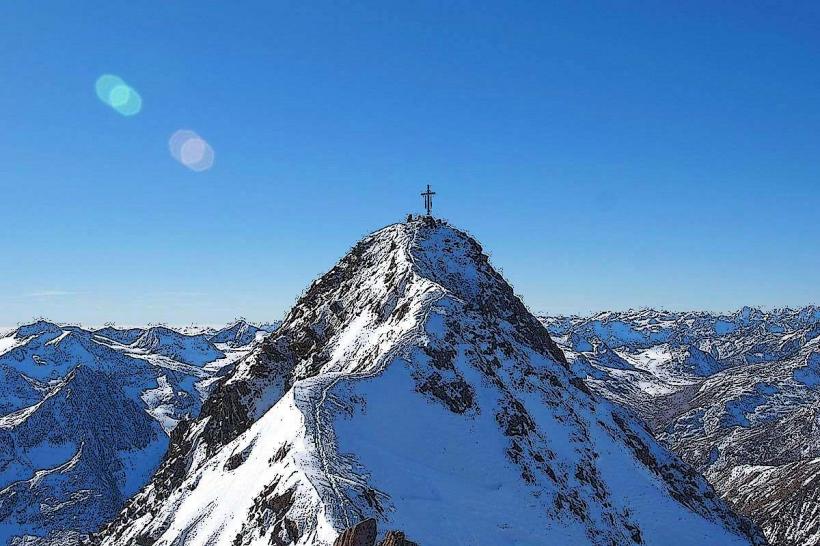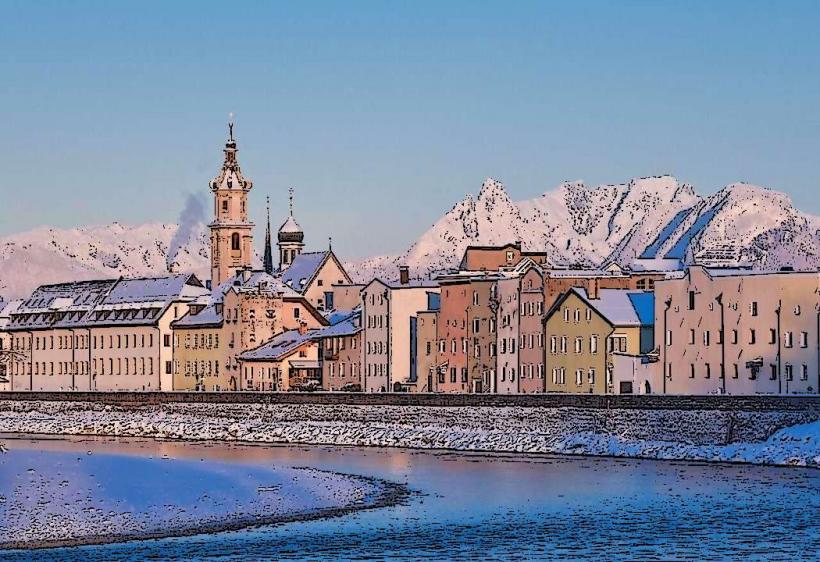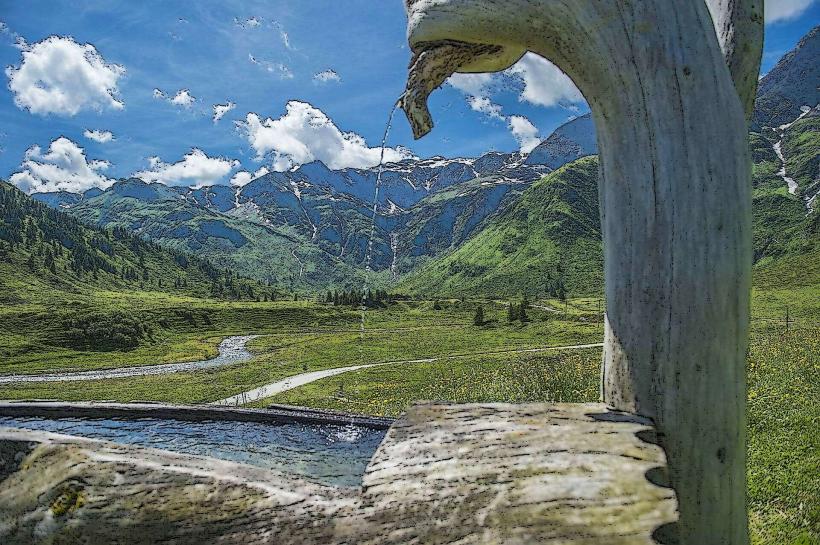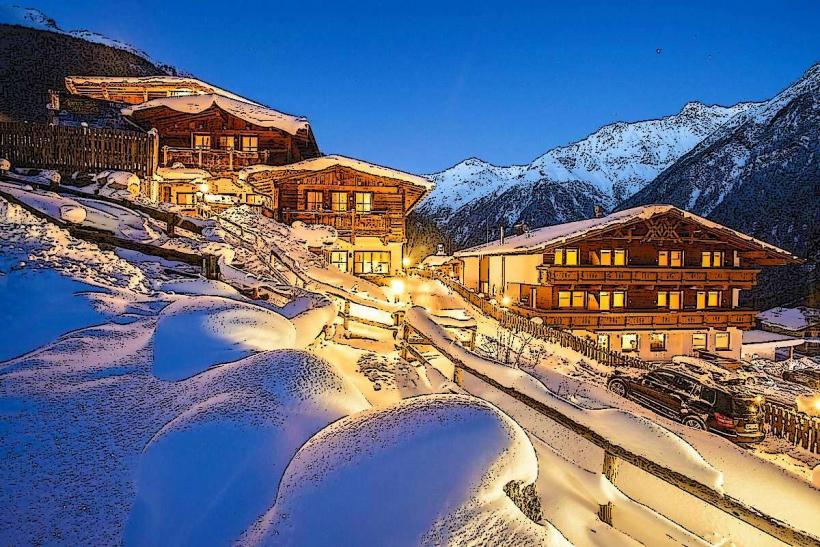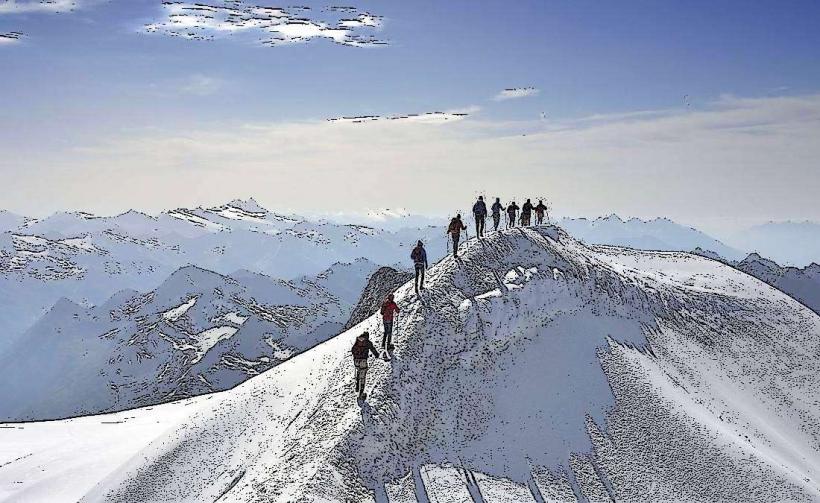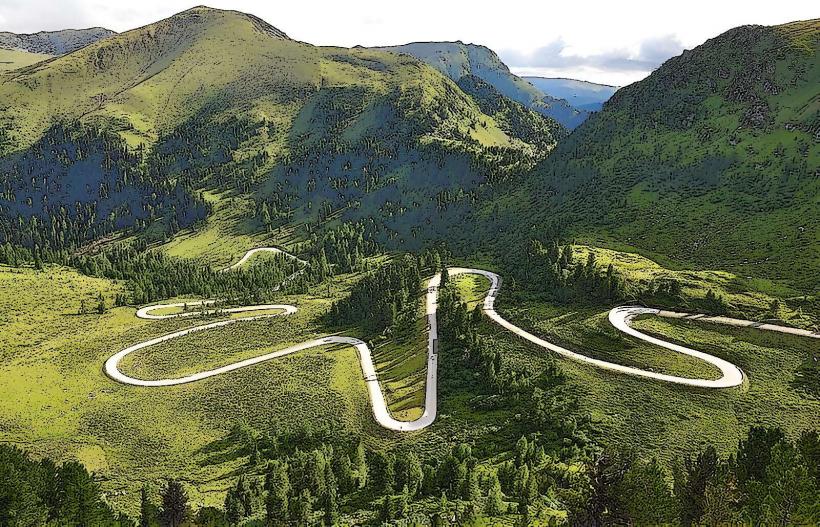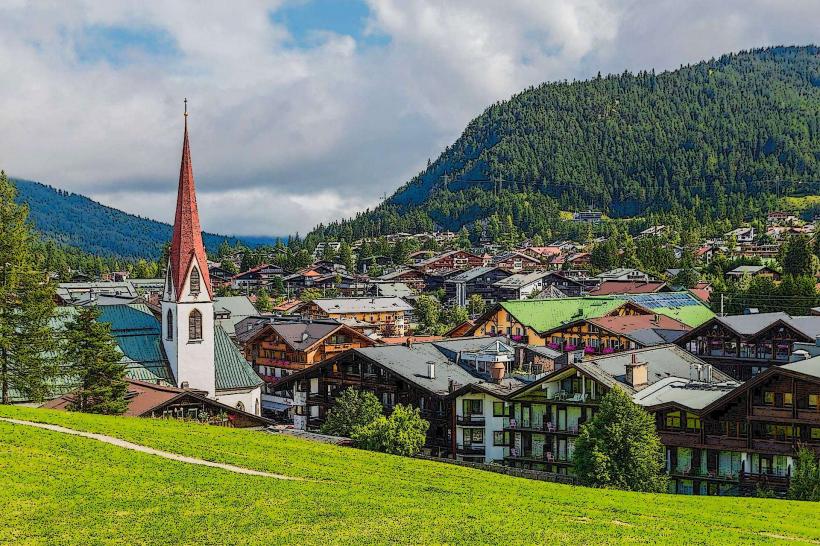Information
Country: AustriaContinent: Europe
Austria, located in Central Europe, is a landlocked country known for its rich cultural history, stunning landscapes, and significant contributions to music, art, and philosophy. Here's a detailed look at Austria without focusing on specific landmarks:
Geography
Austria is bordered by Germany to the north, Czech Republic to the northeast, Slovakia to the east, Hungary to the southeast, Slovenia and Italy to the south, and Switzerland and Liechtenstein to the west. The country is characterized by diverse geographical features, most notably the Alps, which dominate its southern and western regions, making it a prime destination for winter sports. The Danube River also flows through the country, providing fertile plains and beautiful river valleys.
Political Structure
Austria is a federal republic, meaning it is divided into nine federal states (called Bundesländer). The capital city is Vienna, which is also the largest city and political, cultural, and economic center of the country. Austria has a parliamentary system, with a President serving as the head of state and a Chancellor as the head of government.
History
Austria has a rich and tumultuous history, shaping much of the European continent. It was once part of the Holy Roman Empire and later the powerful Austrian Empire. In the 19th century, Austria was one of the leading powers in Central Europe, often at odds with neighboring nations such as Prussia and France.
The Habsburg dynasty, which ruled much of Austria for centuries, played a major role in shaping European politics and culture. The dynasty's influence spanned from the 16th century to the early 20th century, ending after World War I, when the Austro-Hungarian Empire was dissolved. This led to the establishment of the First Austrian Republic in 1919. Austria experienced major upheavals in the 20th century, including the Nazi annexation (Anschluss) in 1938, and the country's post-war re-establishment as a republic in 1955 after WWII. Since then, Austria has been a neutral country, maintaining a policy of political neutrality.
Culture
Austria is widely known for its cultural legacy, particularly in the fields of classical music, art, and philosophy. It is the birthplace of many renowned composers, including Wolfgang Amadeus Mozart, Ludwig van Beethoven, and Johann Strauss II. The country's music scene continues to thrive with regular performances in grand concert halls, such as the Vienna State Opera.
The Austrian art scene has been influential, with Vienna being a cultural hub for the Secessionist movement in the late 19th century. Gustav Klimt, Egon Schiele, and Oskar Kokoschka were key figures in this movement, whose works are still celebrated today.
In addition to music and art, Austria has a long tradition in philosophy and literature. Sigmund Freud, the founder of psychoanalysis, was Austrian, as were writers like Franz Kafka and Stefan Zweig. The country has a tradition of intellectual thought, and its cities, especially Vienna, have historically attracted scholars and thinkers from around the world.
Economy
Austria has a highly developed, high-income economy and is known for its stable, prosperous market. Key industries include machinery, steel, chemicals, and automobile manufacturing. The country is also known for its tourism, with millions of visitors coming each year to experience its historic cities, cultural attractions, and natural beauty. Agriculture plays an important role in rural areas, with the production of grapes (for wine), wheat, and dairy being common.
Austria is a member of the European Union and the Eurozone, and its currency is the Euro. It is also part of the Schengen Area, allowing for borderless travel with many European countries.
Language
The official language of Austria is German, specifically the Austrian variety of Standard German, which includes some regional differences in vocabulary and pronunciation. Austrian German is used in government, media, and education, but there are also several regional dialects, especially in rural areas. In addition, English is widely spoken, particularly in urban areas and among younger generations.
Cuisine
Austrian cuisine is a blend of Central European traditions, with significant influences from Hungary, Italy, and the Balkans. It is known for its rich, hearty dishes, including:
- Wiener Schnitzel (breaded and fried veal or pork cutlet)
- Sachertorte (a rich chocolate cake)
- Apfelstrudel (apple strudel, often served with whipped cream)
- Kaiserschmarrn (shredded pancake dessert)
- Tafelspitz (boiled beef, traditionally served with horseradish and applesauce)
- Austria is also famous for its coffee culture, with cafes offering Viennese coffee (often with whipped cream), and pastries like Sachertorte and Apfelstrudel.
Education and Innovation
Austria places a strong emphasis on education, with a well-developed public school system and a range of universities, including the University of Vienna, which is one of the oldest and largest in Europe. Austria is also known for its contributions to science and technology. In addition to Freud’s work in psychoanalysis, Austrian scientists such as Erwin Schrödinger (physicist), Konrad Lorenz (ethologist), and Karl Popper (philosopher of science) have made significant global contributions in their respective fields.
Neutrality and International Relations
Since the end of World War II, Austria has adopted a policy of permanent neutrality, which was formalized in the Austrian State Treaty of 1955. The policy prohibits Austria from joining any military alliances, although the country actively participates in international organizations such as the United Nations and the European Union.
Natural Beauty and Tourism
Austria's natural landscapes are among the most scenic in Europe. The Alps provide opportunities for skiing, hiking, and mountaineering, and many people visit for winter sports. The Danube River offers a picturesque setting for boat tours, and Austria's many lakes, such as Lake Neusiedl and Lake Wolfgang, attract tourists for relaxation and recreation.
Conclusion
Austria is a country that blends stunning natural beauty with a deep cultural heritage. Its neutrality, historical significance, and contributions to the arts and sciences make it a prominent European nation with a global influence. Whether through its classical music, philosophical contributions, or mountainous landscapes, Austria continues to play an important role on the world stage.

